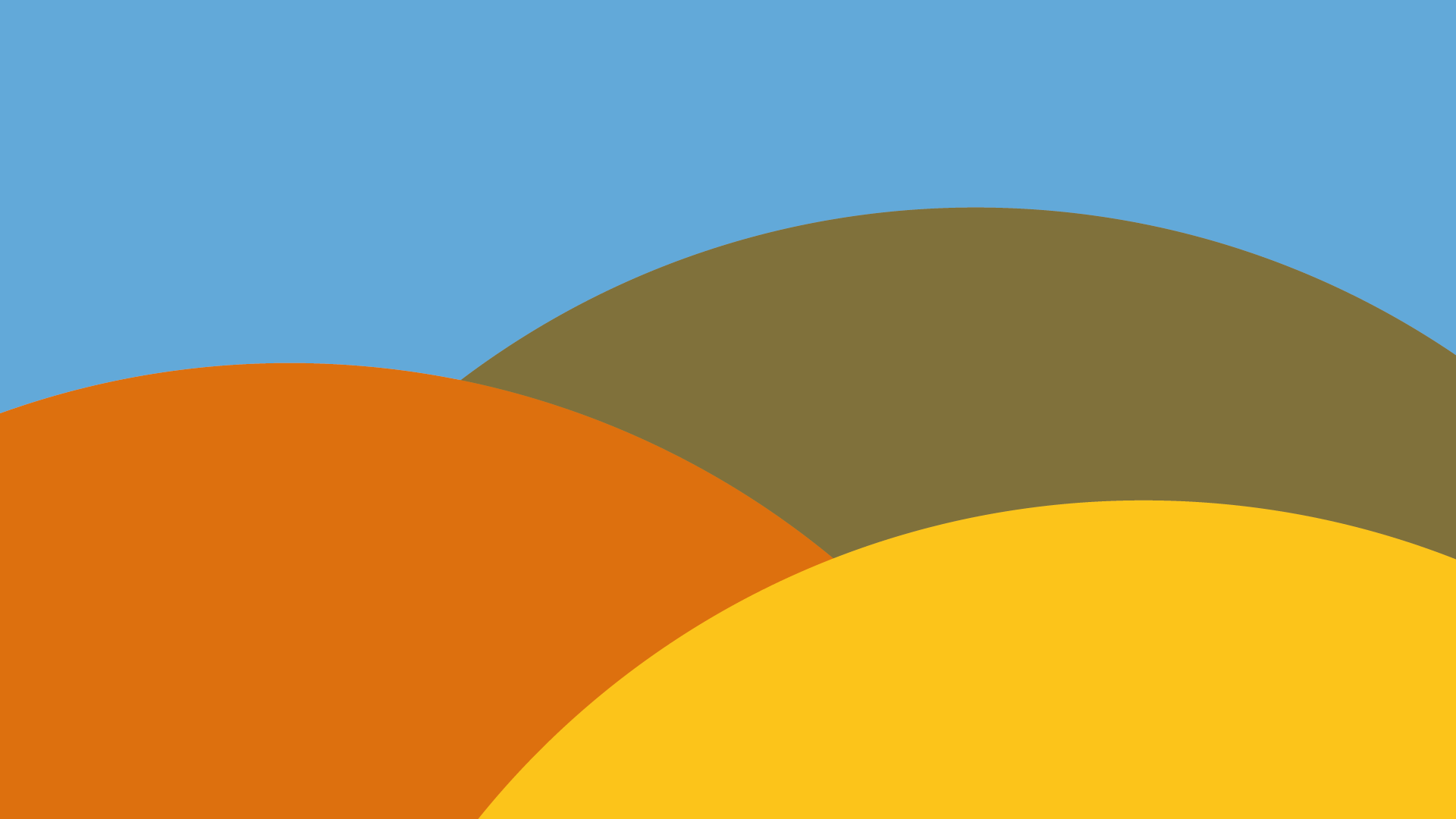RI1 | The Richters' Unforgettable Camping Experience
There was once a family that believed in slowness. Not out of laziness or fear of time, but because they understood that time reveals itself only to those who walk instead of run. The Richters—Klaus, Margarethe, Lisa, and little Timmy—were a German family from a small town where roofs were steep, clocks were punctual, and hearts were often quiet. Their Volkswagen van, a sage green relic from the seventies named Fridolin, stood in the driveway like a ship awaiting a gentle sea.
One summer, after Klaus had finished tightening bolts and Margarethe had rolled up the maps like parchment scrolls, they set off for Garfagnana. A place they had seen in dreams, perhaps, or in the corners of old atlases where mountains lean over valleys and the green speaks in a dozen dialects. Fridolin rumbled through Germany, Switzerland, and into Italy, his engine a lullaby of purpose.
The journey was not counted in kilometers but in glances exchanged through the rearview mirror, in the rhythm of Lisa’s laughter mixing with Timmy’s questions, in the stops for cherry pastries in roadside cafés where no one spoke their language, and no one needed to.
When they arrived in Garfagnana, the valley opened before them like a book written in moss and stone. The Apuan Alps stood like ancient sentinels, watching silently as the Richters descended into this patch of Tuscany untouched by the haste of modernity. They found a campsite beside a forest clearing, where shadows of chestnut trees traced slow-moving sundials across the grass.
Every member of the family became part of a quiet choreography. Klaus, with deliberate movements, erected the tent as if building a chapel to simplicity. Margarethe arranged her paints and pans as if preparing for a ceremony. Lisa and Timmy, barefoot and wide-eyed, wandered the meadows, discovering butterflies like living brushstrokes.
Their days unfolded in sequences: walking narrow trails carved by shepherds and wild boars; stumbling upon ruins whose names had long evaporated; swimming in streams so clear they felt like melted sky. They were not tourists here, but gentle observers. Garfagnana did not reveal itself with grandeur, but with small miracles: a fox glimpsed at dusk, a fig tree growing out of a crumbled wall, the laughter of villagers echoing from Barga’s festival square.
One evening, under a ceiling of stars strewn like forgotten punctuation marks, Klaus said, “We have learned to move like water.” Margarethe smiled, her sketchbook full of greens—none repeated.
When the time came to return, Fridolin started reluctantly, as if even the machine had become part of the landscape. The road home was quieter. Not sad—just fuller. Each Richter carried a piece of Garfagnana inside: Timmy kept a stone, Lisa a pressed flower, Klaus a notebook of photographs, Margarethe the memory of a woman singing in the piazza in a language she didn’t understand but felt.
And so the Richters returned not as they had left. They had not only traveled through space, but through a time slower, older, and somehow kinder. A time that would live, quietly and persistently, in the corners of their days.







